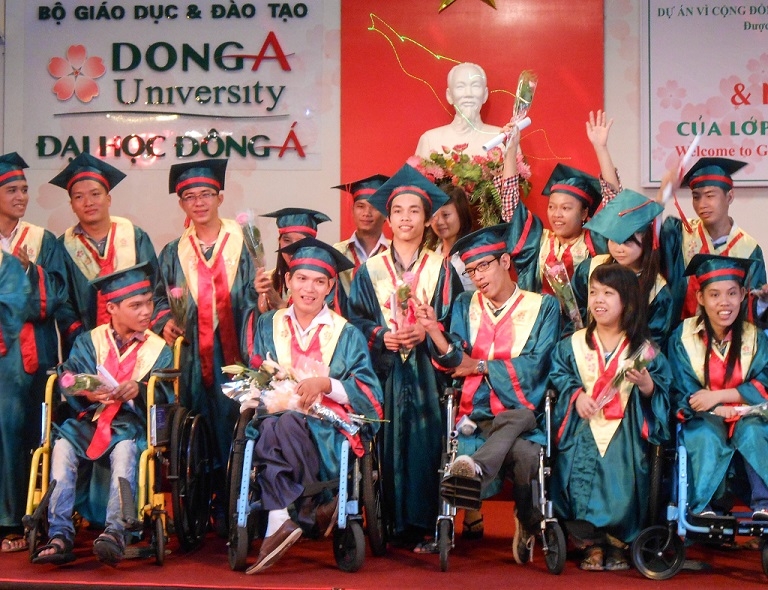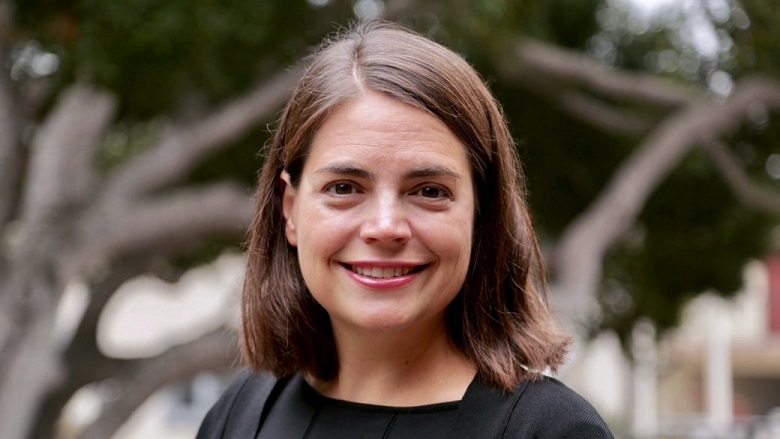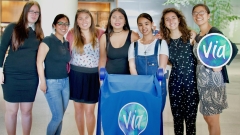Paying It Forward: Alumnus Creates Work Opportunities for Fellow Alumni in International Education
| by Jason Warburg
Middlebury Institute alumnus Kevin Hyunjae Sung MAIEM ’19 came to the United States in search of opportunities and is now helping to create them for fellow international students and MIIS alumni, managing international exchange programs at the University of Nevada, Reno.




